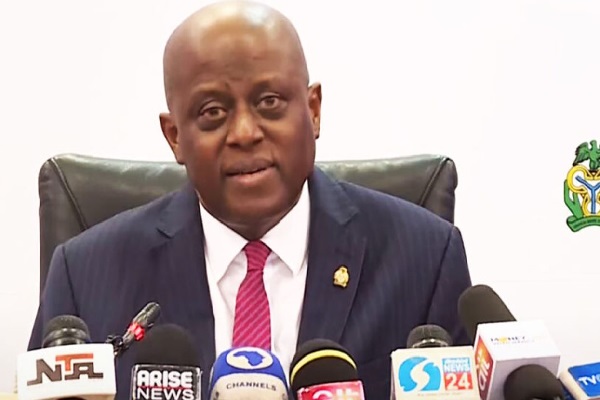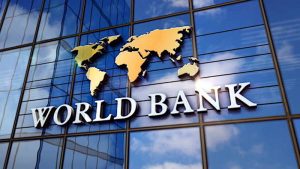
The Central Bank of Nigeria (CBN) has revealed that without its strategic policy interventions, the country’s inflation rate could have surged to 42.81% by December 2024.
CBN Governor, Olayemi Cardoso, disclosed this during the 2025 Monetary Policy Forum, where he emphasized the bank’s commitment to controlling inflation using orthodox monetary policies.
“Counterfactual estimates suggest that without these decisive policy interventions, inflation could have reached 42.81% by December 2024,” Cardoso stated.
To curb rising inflation, the CBN implemented several policy measures throughout 2024, including six Monetary Policy Committee (MPC) meetings that led to significant adjustments in key financial indicators. The measures included: Raising the Monetary Policy Rate (MPR) by a cumulative 875 basis points to 27.50%; Increasing the Cash Reserve Ratio (CRR) for banks by 1,750 basis points to 50% and adjusting the asymmetric corridor around the MPR.
To stabilize the financial system and boost investor confidence, the CBN implemented major reforms in the foreign exchange (FX) market. One of the most significant moves was the unification of multiple exchange rate windows, aimed at enhancing market efficiency.
The CBN also cleared a backlog of $7 billion in FX commitments, which helped improve liquidity and restore investor confidence. Additionally, the bank lifted restrictions on 41 items previously banned from accessing the official FX market.
These reforms contributed to a surge in diaspora remittances, which increased by 79.4% in the first three quarters of 2024, reaching $4.18 billion, compared to $2.33 billion recorded during the same period in 2023. The CBN projects that by the time fourth-quarter figures are released, total remittances will hit N31.7871 trillion.
Beyond FX market reforms, the CBN introduced new minimum capital requirements for banks, set to take effect by March 2026, in a bid to strengthen Nigeria’s banking sector.
The bank also launched the Women’s Financial Inclusion Initiative (WIFI) under the National Financial Inclusion Strategy, designed to close the gender gap in financial access.
Additionally, the Nigeria Foreign Exchange Code was introduced to promote integrity, transparency, and efficiency in the FX market, ensuring investor trust and stability.
L
Looking ahead, Cardoso stressed the importance of strong coordination between fiscal and monetary authorities to maintain investor confidence and sustain macroeconomic stability.
“Our focus must remain on price stability, transitioning to an inflation-targeting framework, and implementing strategies to restore purchasing power and ease economic hardship,” he stated.
Despite ongoing economic challenges, the CBN governor expressed optimism that Nigeria has “turned a corner” and that disinflation is now within reach. However, he warned that sustained commitment to bold and coordinated policy measures is necessary to build on the progress made so far.








